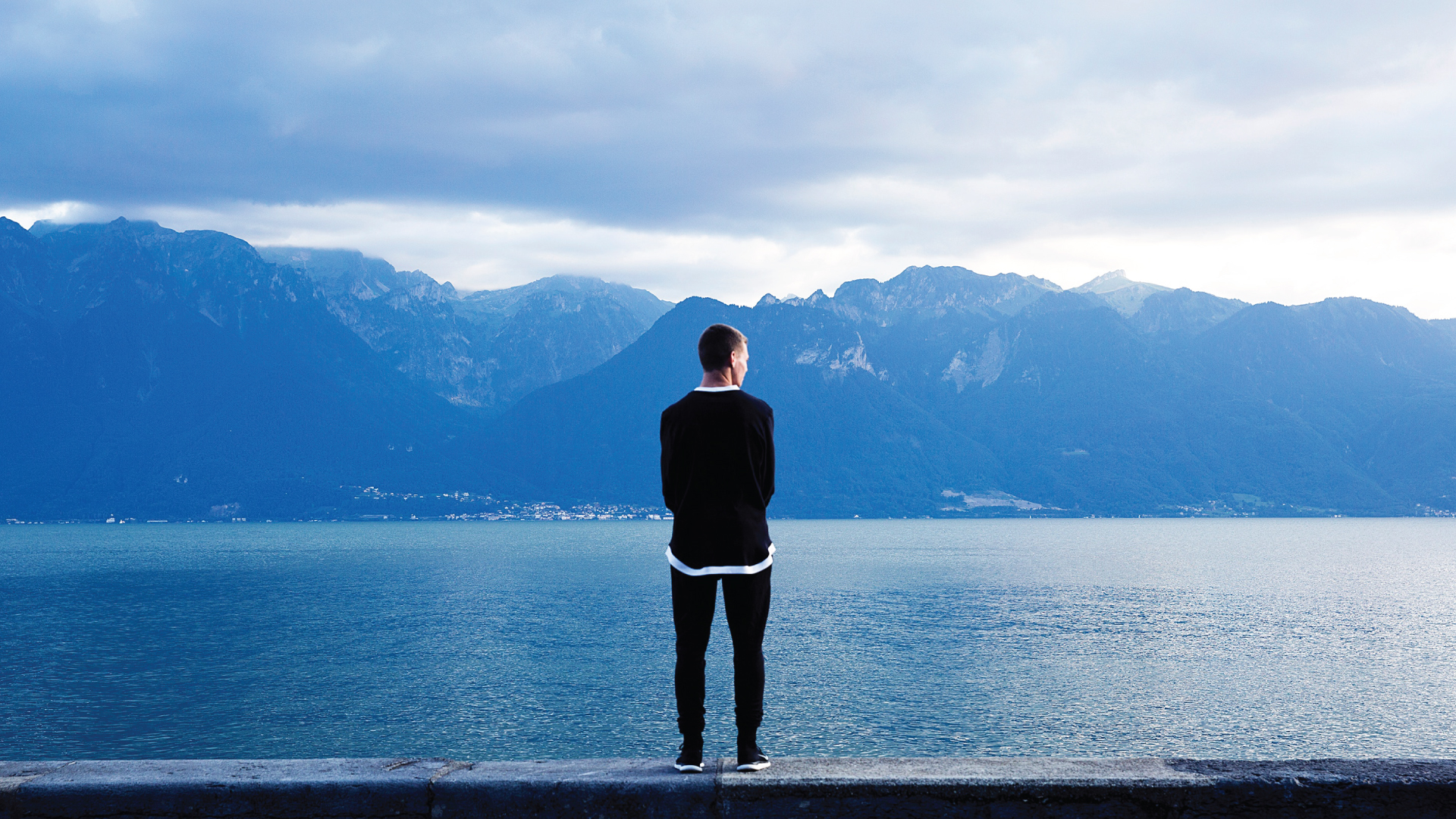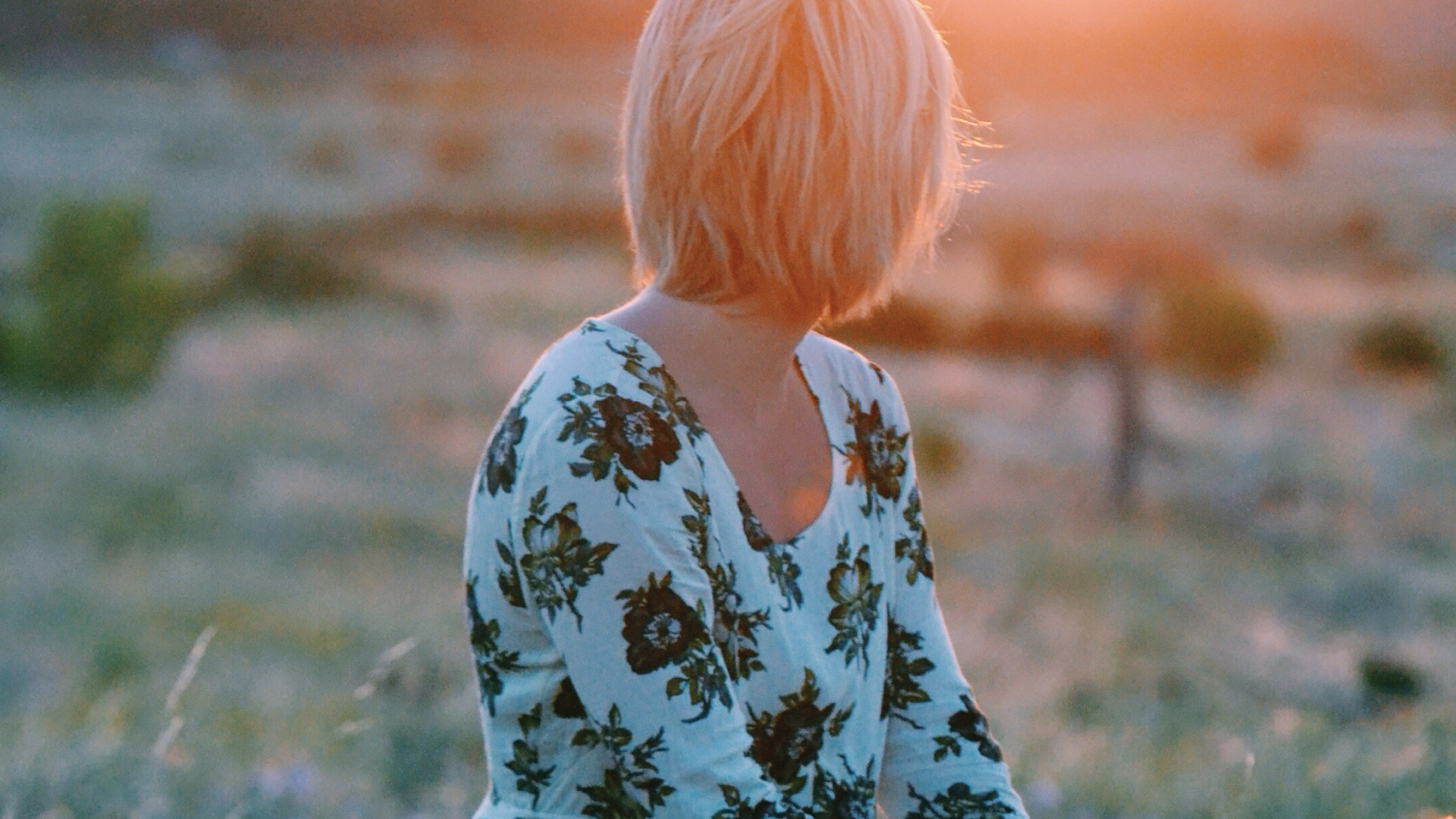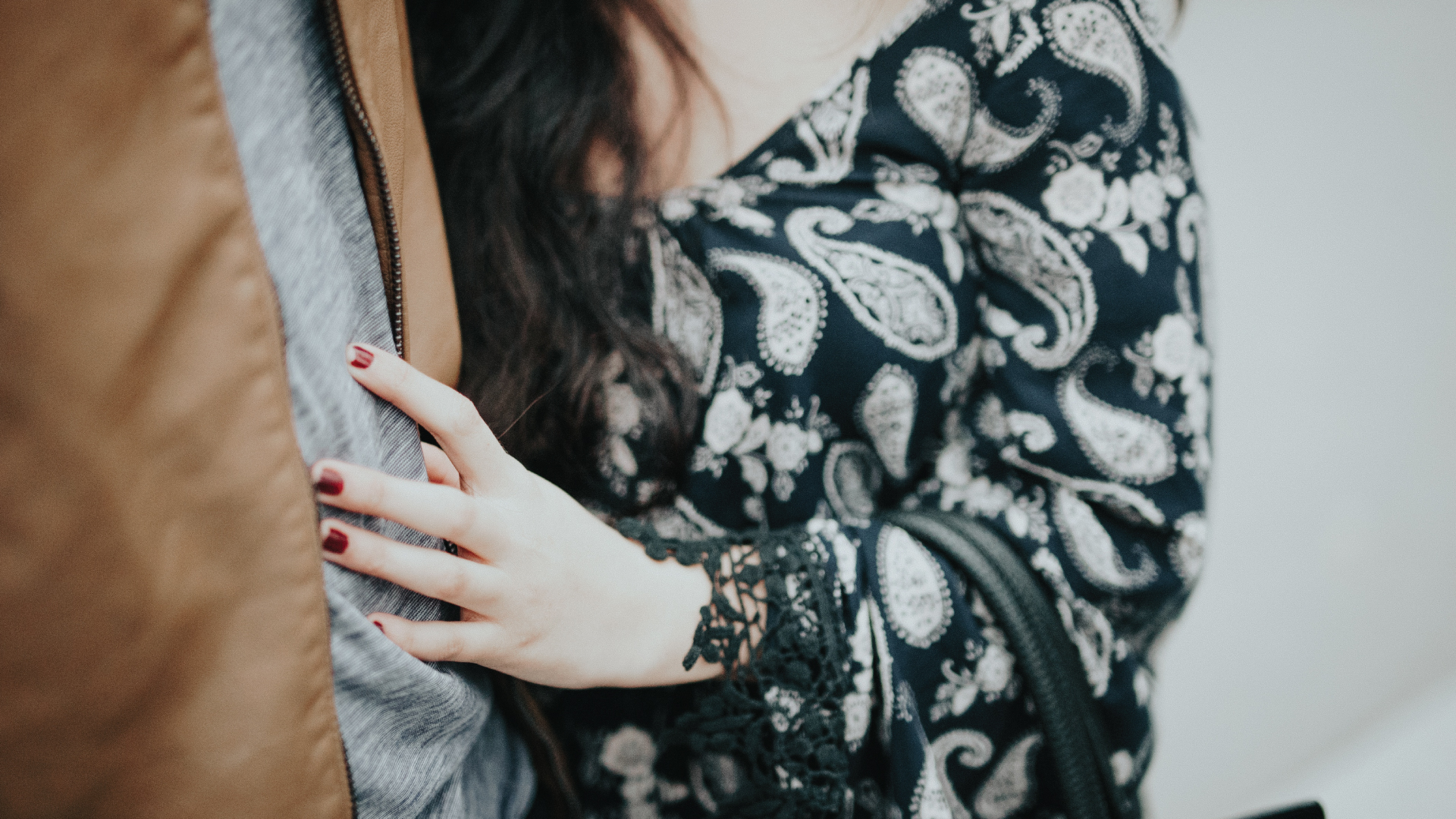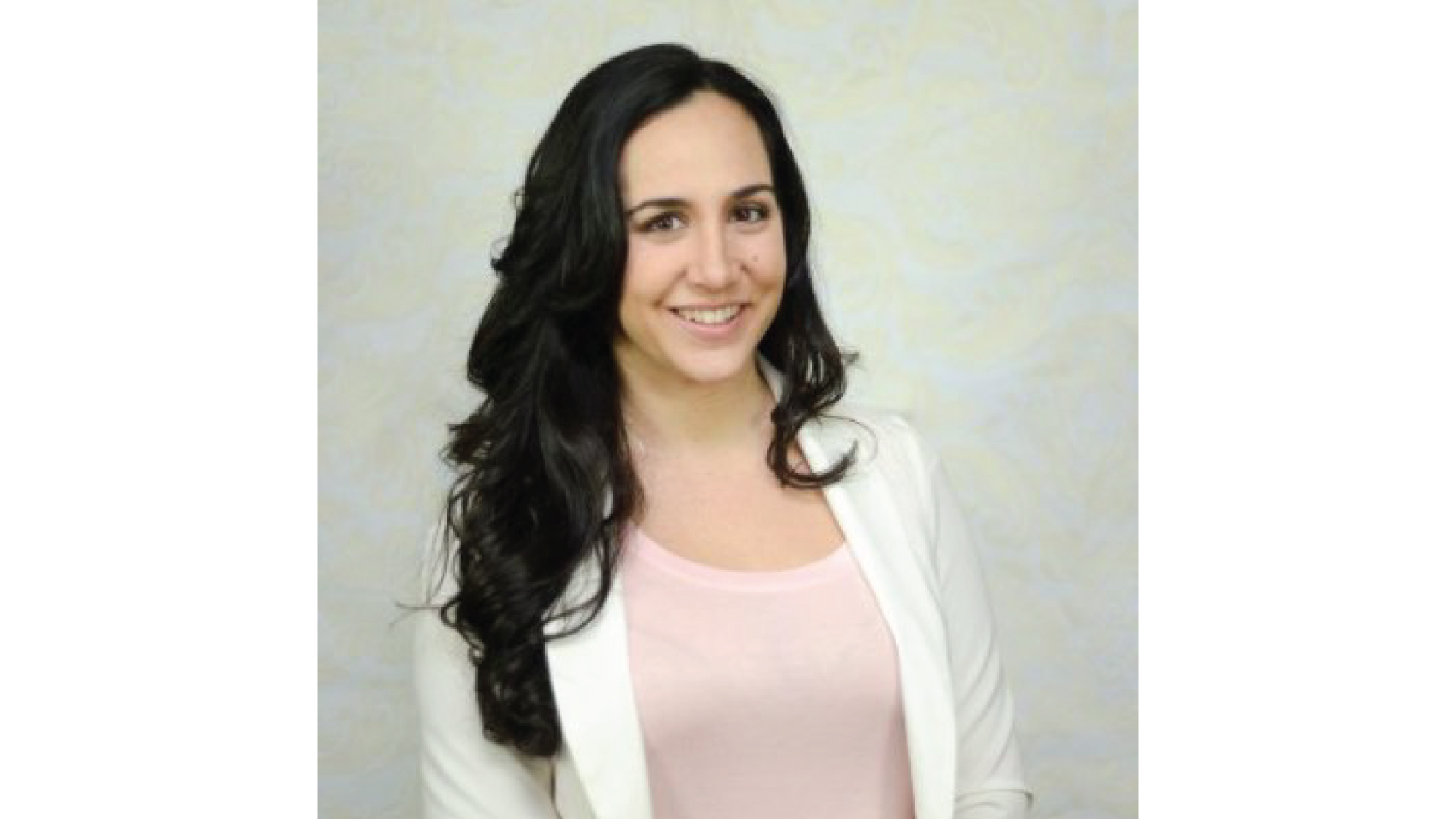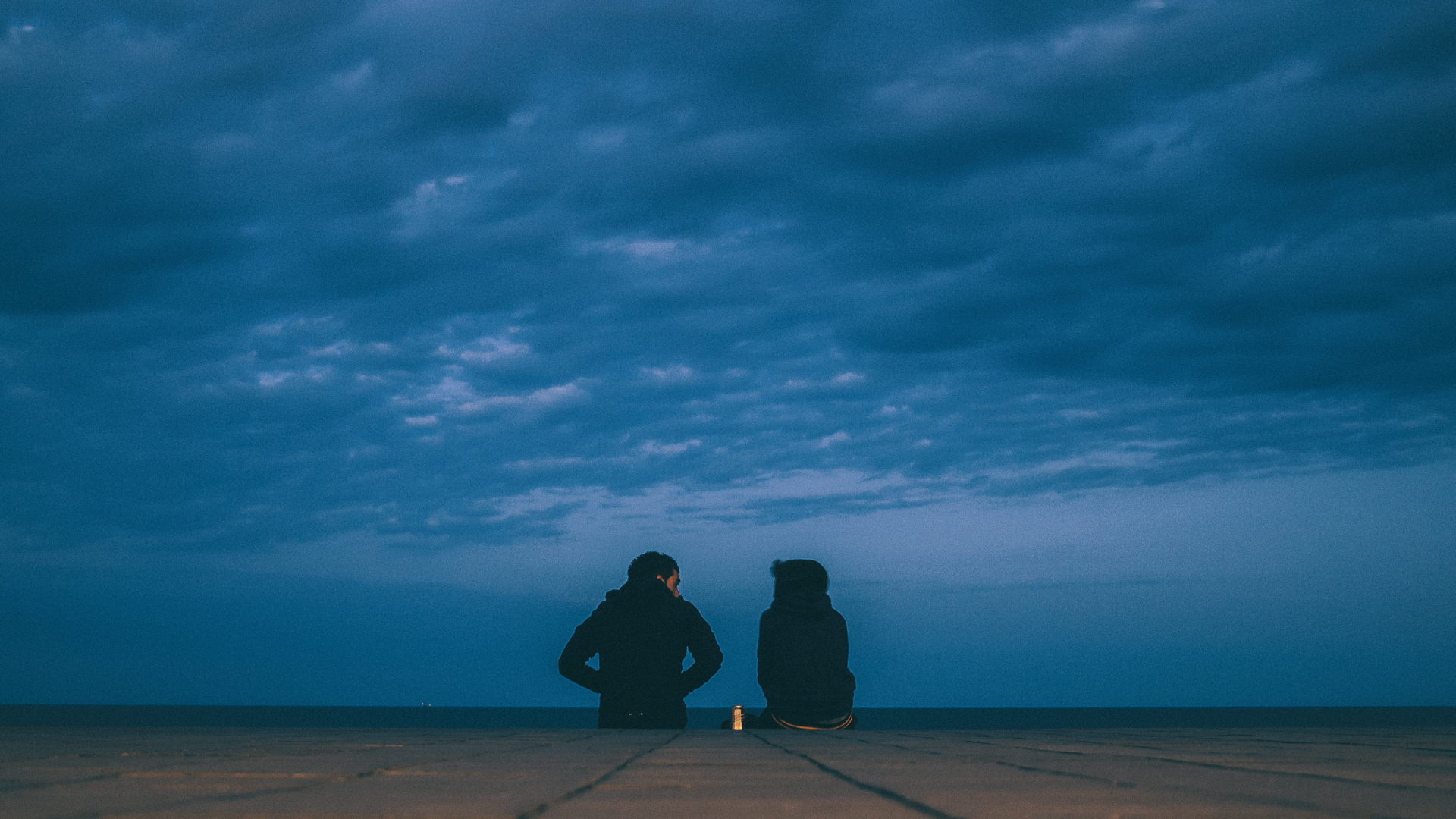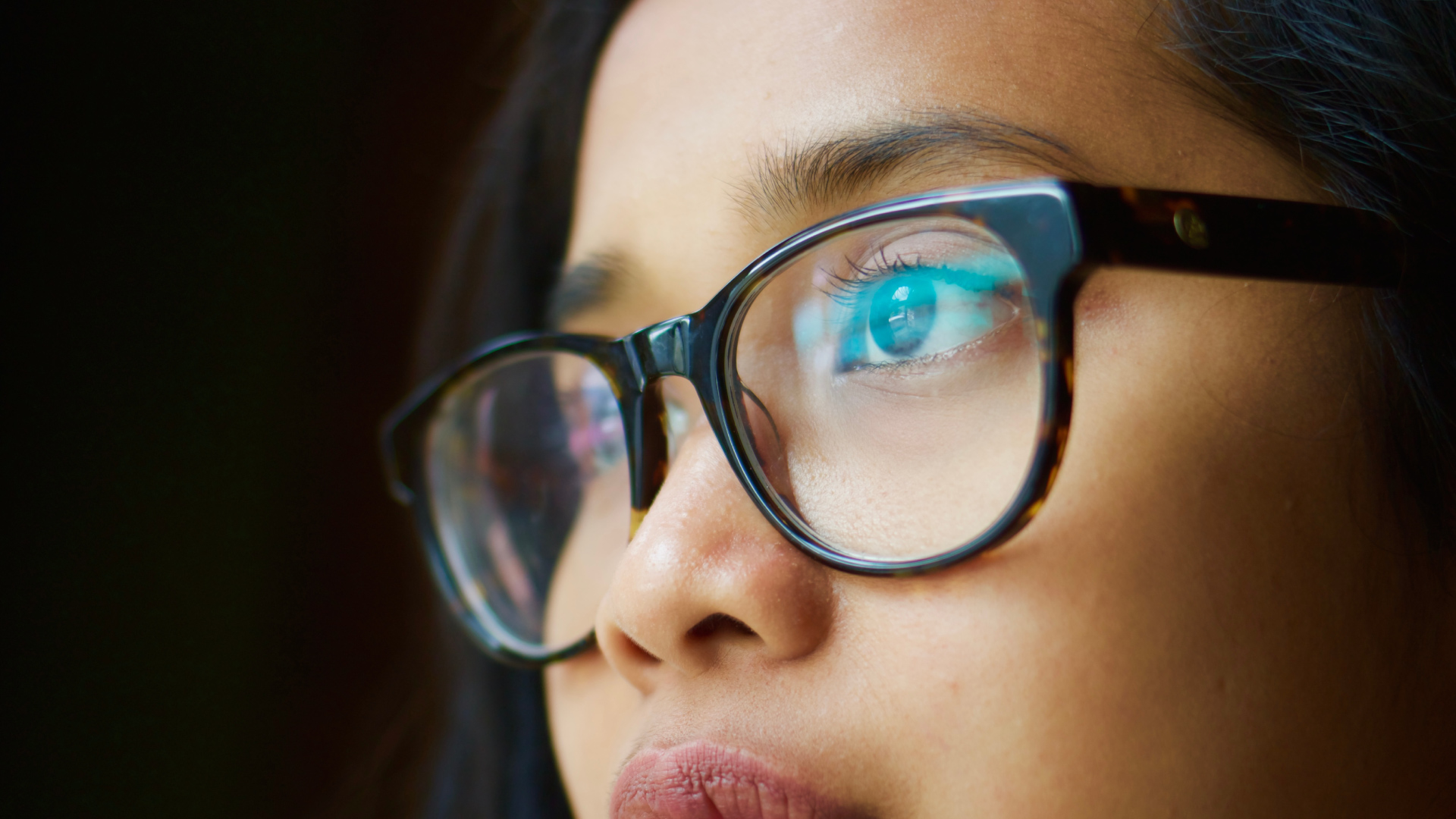This post is brought to us by Clarissa!
It was recently Valentine’s Day and while the day is meant to share love with others, I also think it’s a great time to remember to love yourself.
When I first started going on dates and had my first relationship (which wasn’t until sophomore year of college), I was incredibly nervous. Not only was I late in the game compared to many of my peers, but I was also incredibly self-conscious. Sure, I had the same questions running through my head that most girls consider – does he really like me, does he think I’m pretty, will he ask me out again? But, the nerves really came from the fact that I simultaneously contended with some more serious questions, ones that most girls don’t have to worry about – is he going to be grossed out if he sees my scars, does seeing my scars mean I should tell him I had cancer twice, and what should I do about the stretch marks (caused by all the steroids I took during treatment) that cover my lower abdomen and lower back?
Before I knew it, the normal questions had spiraled into this realization that I found fault with my body for things that could not be changed. I had not accepted those parts of me, so how could I expect someone else to?
Often, we think only of body image in relation to cancer treatment, considering how the impact of hair loss, weight gain, weight loss, surgery, etc. can all take a toll on the body. However, I think body image is equally as challenging after cancer treatment, when the rest of your life is back to “normal” but your body doesn’t catch up and is not what it once was. To some extent, you can work to restore your body’s health by eating well and exercising regularly. But, there are often things that you can’t do anything about.
How can you learn to accept those things you can’t change? I’ve learned that a lot of it has to do with perspective. You don’t have to think of scars, stretch marks, etc. as faults. Rather, think of those things as strengths. They are signs that your body got through things most other bodies don’t have to do. Find empowerment in them. I found this change in perspective gave me a big self-confidence boost and enabled me to view myself in a much more positive way. Maybe it can do the same for you 🙂
How do you conquer self-love and self-image? How have you dealt with body image after cancer?
Clarissa Schilstra is a two-time cancer survivor. She was diagnosed with acute lymphoblastic leukemia for the first time when she was two and a half years old. She went through two and a half years of chemotherapy and survived. She led a happy and healthy life until June of 2007, when her cancer relapsed. So, she went through another two and a half years of chemotherapy, this time accompanied by radiation. She is now twenty-one years old and a senior at Duke University. Her passion is helping others cope with the ups and downs of life during and after cancer treatment. It is her goal to become a clinical psychologist after she graduates from Duke, and she would like to help improve the psychological care available to adolescents and young adults who have serious illnesses. You can read more about Clarissa on her website and blog at www.teen-cancer.com. You can also find her book, Riding the Cancer Coaster: Survival Guide for Teens, on Amazon.
Interested in contributing a one-time article to Lacuna Loft? Email info@lacunaloft.org with your submission!




